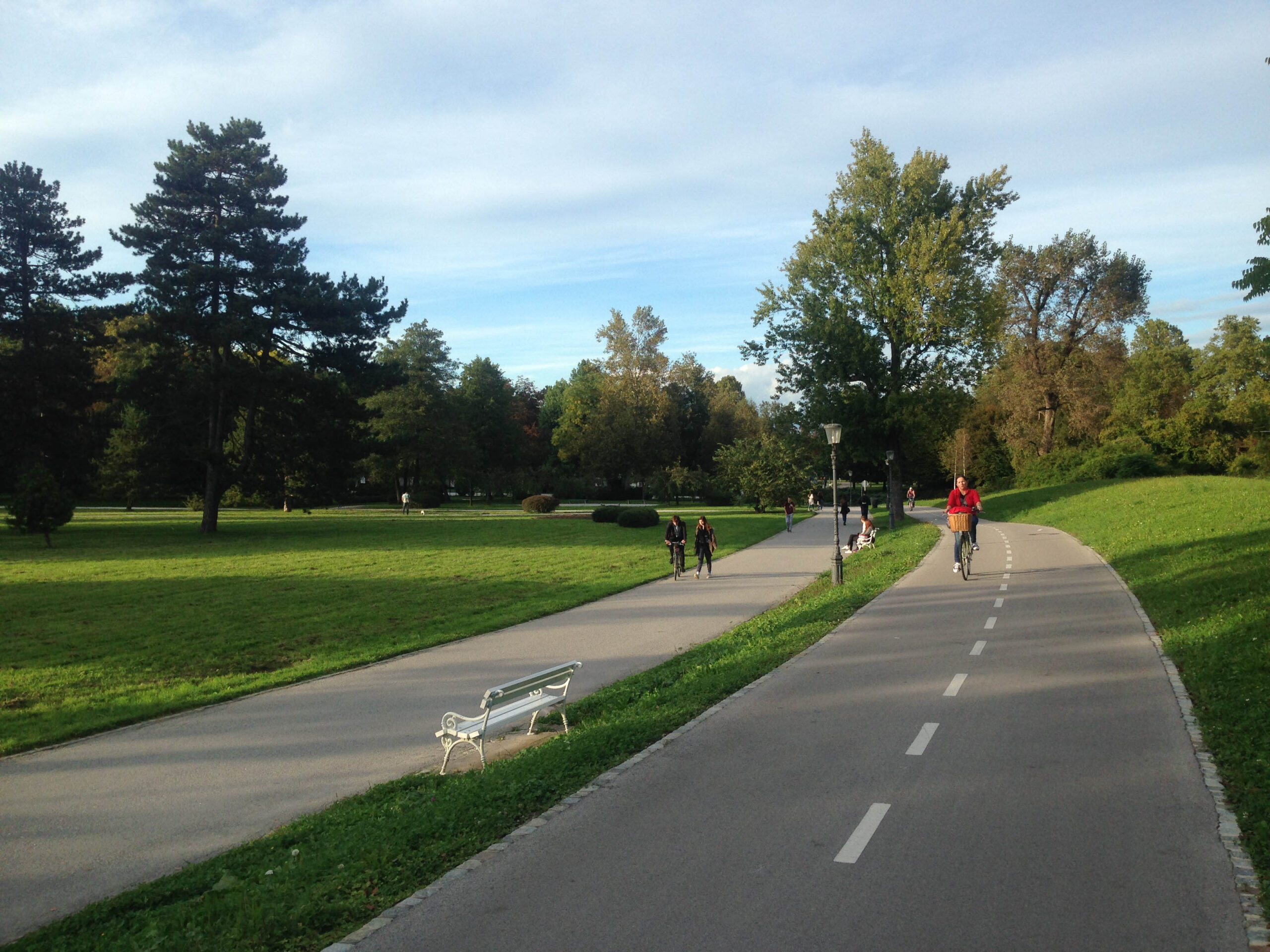
Urban Transitions for a More Sustainable Future: Lessons from Europe
Poland (virtual) - 16 December 2020
Joint organiser: Polish Ministry for Development Funds and Regional Policy
Part of Poland’s 2020-21 presidency of the Visegrad Group, this Policy Lab contributed to the Ministry’s preparations for the 11th World Urban Forum (WUF11), taking place in Katowice, Poland in 2022.
In light of cities’ increasing need to become more sustainable, highlighted by the New Leipzig Charter, Urban Agenda for the EU and the European Green Deal, the event focused on sustainable urban transitions. Speakers from across Europe shared insights from their cities in driving green, just and productive transformations (details below). Five Polish cities also pitched sustainable transition strategies, receiving recommendations from the expert speakers.
The resulting final report provides practical guidance for Polish municipalities to develop and implement sustainable transition strategies, also informing the Ministry’s World Urban Forum (WUF) Action Plan.
Expert contributions
More articles

Federica Risi on… Localising the SDGs in cities...
Federica Risi on… Locali...
Federica Risi on… Localising the SDGs in cities
In the second audio edition of Urban Voices, the EUKN Policy and Project officer, Federica Risi, discusses the benefits and details of localising the sustainable development goals in urban areas.

Miguel Rivas on… scaling urban circular economies...
Miguel Rivas on… scaling...
Miguel Rivas on… scaling urban circular economies
Miguel Rivas from TASO shares with us the on-the-ground enablers and accelerating frameworks that can help to upscale the urban circular economy and make it a permanent feature of city life.







